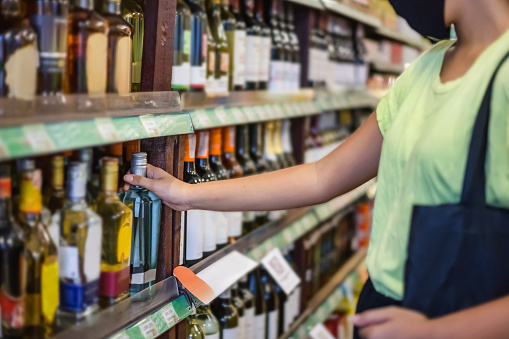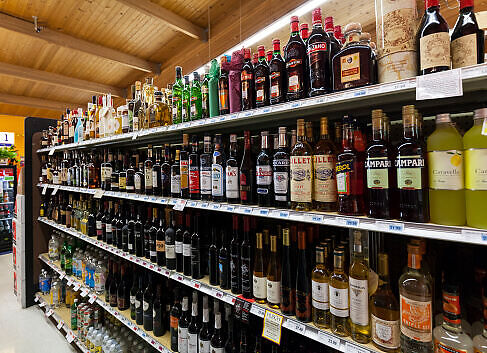The Beginner’s Guide to the Pros and Cons of Owning a Liquor Store
Owning a liquor store is the same as owning a retail business, and there are many pros and cons to both. One of the biggest problems facing the retail industry is overstocking inventory. It is a big problem for clothing stores, as styles change quickly. Ultimately, the owners must liquidate their inventory to buy the latest trends. Luckily, alcohol has no problem, as alcoholic beverages have a long shelf life and sell for a considerable price. The only downside of owning a liquor store is the high turnover rate and the risk of losing your job to a competitor.
Secondly, the location of your liquor store is essential. The location of your store is vital, as customers in your area must be 21 years of age to purchase alcoholic beverages. You may face reduced foot traffic if your location is close to another liquor store. As a result, you may have to decrease your prices. While this can hurt your bottom line, you might find a way to make up for lost sales by selling other products in addition to alcohol.
Lastly, it’s crucial to stay up to date on trends. New drinks and styles are in high demand. However, if you don’t want to end up with a competing store, you should try selling other products as well. It will help you stand out from the competition. It will also help you build relationships with suppliers and customers. If you’re new to the liquor business, you may want to consider selling other products besides alcohol. It will allow you to expand your business and keep it profitable.
The location of your liquor store is essential. A retail business near a competitor will face lower traffic, which could reduce your profits. Depending on the area, you may even have to lower prices to survive. You can also consider selling other items in addition to alcohol. The best location for a liquor store is high foot traffic. You can sell different products and wine and beer to increase profits.

Side shot of unrecognizable Asian woman with face mask ,buying alcohol in liquor store during post pandemic Covid 19
A liquor store is a business that requires a significant amount of cash. The company may require a considerable investment to purchase inventory and equipment. If you are a newbie, you should be aware of the risks involved in licensing. A line of credit is essential for the liquor store owner. The liquor industry has many advantages and disadvantages. It is a highly competitive industry and requires a significant investment.
The location of a liquor store is essential. It will compete with the competitor for traffic if it is located near one. It’s possible to face licensing issues if your store is located near major retailers. Additionally, if you’re in a neighborhood with several competitors, it will be challenging to compete in the area.
The location of a liquor store is crucial for its success. The location of a liquor store can also affect the amount of traffic a store receives. In the case of a small town, a new liquor store can be located far away from a large one. As a result, you should research local competitors to find the best location. If you don’t want to compete in an urban area, consider opening a store in a suburb.
The biggest downside to owning a liquor store is the high startup costs. The initial investment is usually very high, and you will need to hire a lawyer to protect your business. Once you’re ready to open your store, you’ll need to invest in renovations and advertising. Once you’ve built a reputation, your customers will flock to your store. Nevertheless, it’s essential to ensure a steady income in the long run.
Related Article: Cheap Drinks to Order at a Bar

